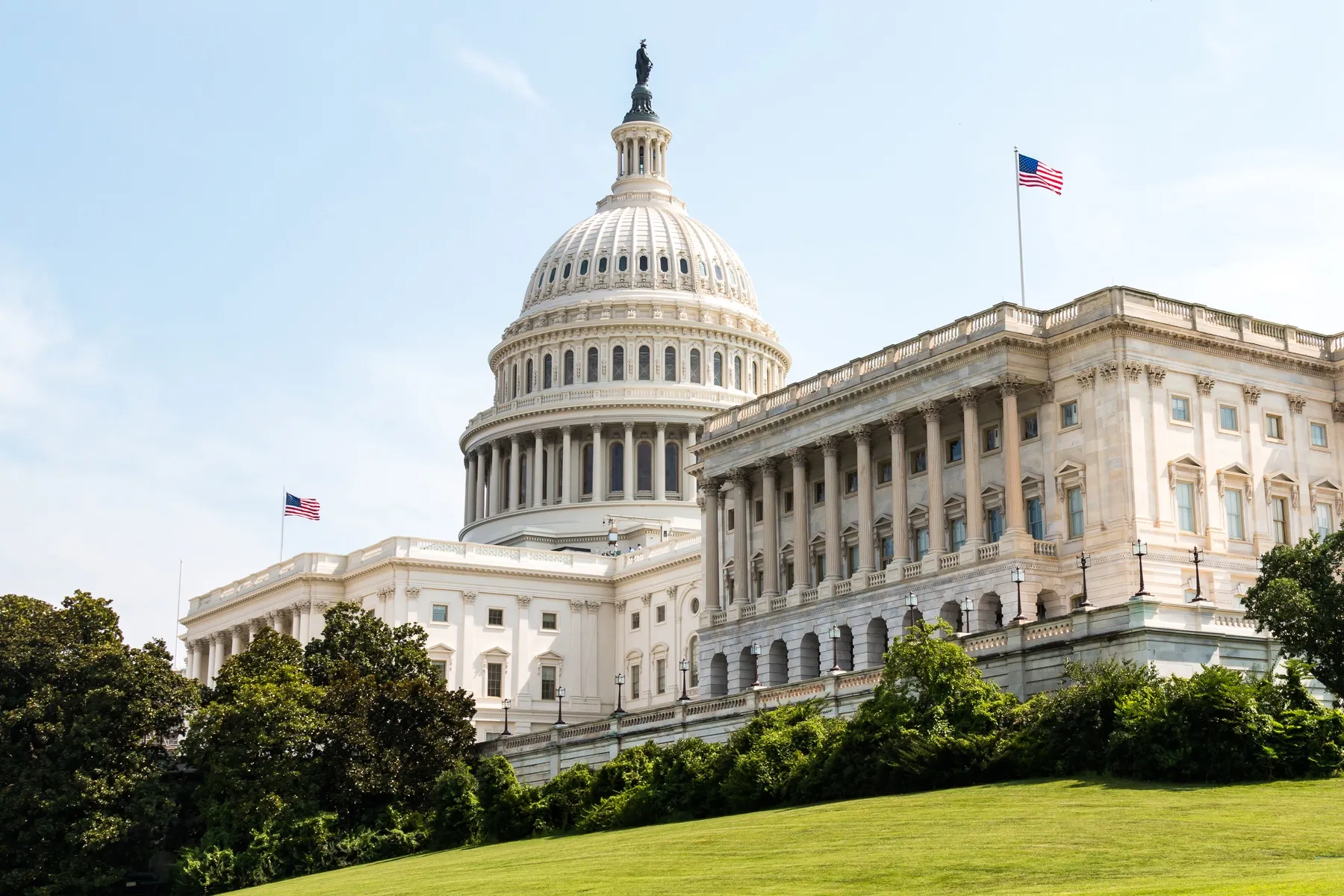Japan Now on Track to Open Its First Casino in 2030

Skift Take
Japan appears on track to welcome its first casino by 2030. Osaka IR, the operator of Japan’s long-awaited first casino resort, has forfeited its right to withdraw from the project within the next two years, as per reports.
Osaka IR initially had the right to withdraw from the project if tourism to Japan didn’t recover to pre-pandemic levels or if other financial or logistical hurdles became insurmountable.
This clause, which had allowed withdrawal until September 2026, was extended twice, giving the operator more time to assess the feasibility of moving forward.
However, the operator has now chosen to relinquish this safety net. As reported by Nikkei Asia, the operator has officially forfeited the right to exit, signaling a firm commitment to pushing ahead.
Osaka IR is a joint venture between the Japanese arm of U.S. casino operator MGM Resorts International and Japanese financial service group Orix. MGM and Orix each own a 40% stake in Osaka IR, with 22 others including Panasonic Holdings and West Japan Railway also contributing.
The operator plans to begin preparatory construction work as soon as this month after the city of Osaka hands over the planned site with a projected opening in fall 2030, Nikkei Asia reported.
Skift reached out to MGM Resorts on Monday for clarification, but the company did not respond to the query.
Cost Increases and Delays
Despite the firm commitment, the project is far from straightforward. Originally slated to open in 2029, the resort’s launch has been pushed back to fall 2030 due to delays in obtaining central government approval.
Rising construction costs have also become a significant concern. The estimated total cost of the development has increased from JPY 1.08 trillion ($7.5 billion) to JPY 1.27 trillion ($8.9 billion), following inflation and supply chain disruptions.
The resort will be built on Yumeshima, an artificial island in Osaka Bay that will also host the World Expo in 2025.
A Strategic Location with Lofty Expectations
The resort will be a comprehensive entertainment hub designed to attract tourists from around the globe. The massive complex will feature hotels, a convention center, shopping malls, a museum, and a ferry terminal. Affluent visitors will even have access to a helicopter pad.
According to project forecasts, the resort aims to bring in JPY 520 billion ($3.6 billion) in annual revenue, with around 80% of that expected to come from casino operations. The developers are betting on attracting six million international tourists and 14 million domestic visitors annually, making the Osaka IR one of the most ambitious tourism projects Japan has ever undertaken.
But there’s more at stake than just tourism numbers. This project is seen as a key component of Japan’s strategy to boost its economy post-pandemic. With the country's proximity to Asia’s wealthy gamblers and a domestic population of 126 million, industry analysts believe the resort has strong market potential — if executed properly.
Public Concerns and Regulatory Hurdles
The development of Japan’s first casino hasn’t been without its detractors. Polls show that many Japanese citizens remain skeptical of the project. In 2020, 64% of respondents in an Asahi Shimbun survey called for a freeze of the government's plans for integrated casino-resort projects.
The government has also implemented a JPY 6,000 ($42) entry fee for Japanese citizens and foreign residents, aimed at discouraging excessive gambling. Foreign tourists, however, will be exempt from this fee.
Casinos were previously illegal in Japan along with other private gambling, but a 2018 integrated resort (IR) law provided exception to casino games such as poker or baccarat at officially approved establishments as part of an effort to attract tourists.
While the operator is bullish on its long-term prospects, they are entering a crowded regional market. Integrated resorts are already thriving in Macau, Singapore, and the Philippines, and countries like Thailand are considering legalizing casinos to attract foreign investment.





